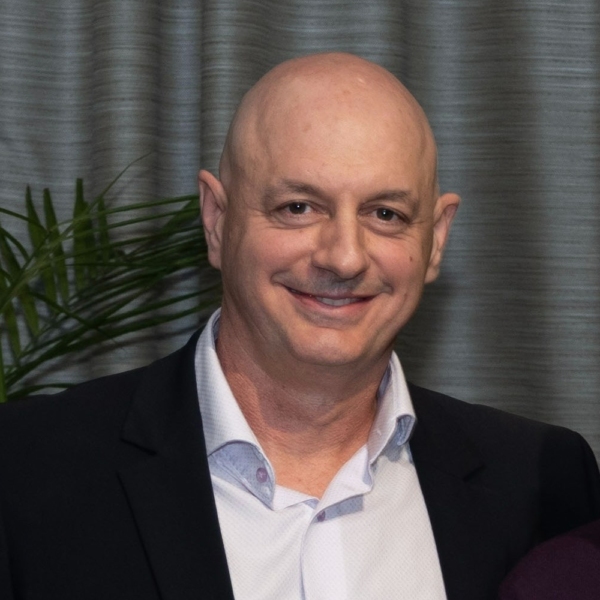
No one can deny that technology has brought more and more opportunities not only to companies and professionals, but also to society, which can become richer and healthier with the adoption of new solutions. We are today an integrated global society capable of providing a high quality of life for billions of people.
Each year that passes brings something new in technology: 3D printers, blockchain, metaverse, etc. Most do not perform, and only a few exceed expectations. The most popular of them currently, Artificial Intelligence, has transformed the industry and people. The technology has been popular for many years, such as in GPS navigation generating routes or in fraud detectors. More recently, some companies have brought the technology to another level with the so-called foundation models, a concept of Generative Artificial Intelligence, such as OpenAI, with ChatGPT and Dall-E.
The benefits of these models are enormous and there is talk of a productivity increase of 40% in several sectors. But they raise several questions, not just here in the United States, such as the use of large-scale data to train these models and the impact of this on privacy and copyright.
What are the rights of the person whose personal data was used or who was the author of the data used?
“The way a company keeps consumer data protected has an effect on its reputation and affects consumer trust.“
Captured information can spread very quickly and be used by artificial intelligence models. We have rules and laws guaranteeing people's privacy here and in many other countries, but if we are not very careful, this information can be used in unauthorized ways, intensifying corporate reputational risks. The way a company keeps consumer data protected has an effect on its reputation and affects consumer trust.
There is research that shows that 80% of consumers choose which companies they will do business with based on their reputation for information security. And all it takes is one wrong decision, focused only on results and not on the purpose of benefiting customers, for the company's reputation to be seriously compromised.
In my view, a company's reputation is directly impacted by its purpose. If the company is genuinely interested in its customers and seeks to connect with them, this audience will know that the company will always make the right decisions to protect them.
I really hope that all companies focus on their reputation, protect customer data and ensure the best possible use of technology. In any case, let's fasten our seatbelts, because the transformation caused will have a huge impact on all people, industries and professions.

Leandro Balbinot is CIO of Whole Foods and board member of Peers Consulting
The signed articles reflect the opinion of the authors


